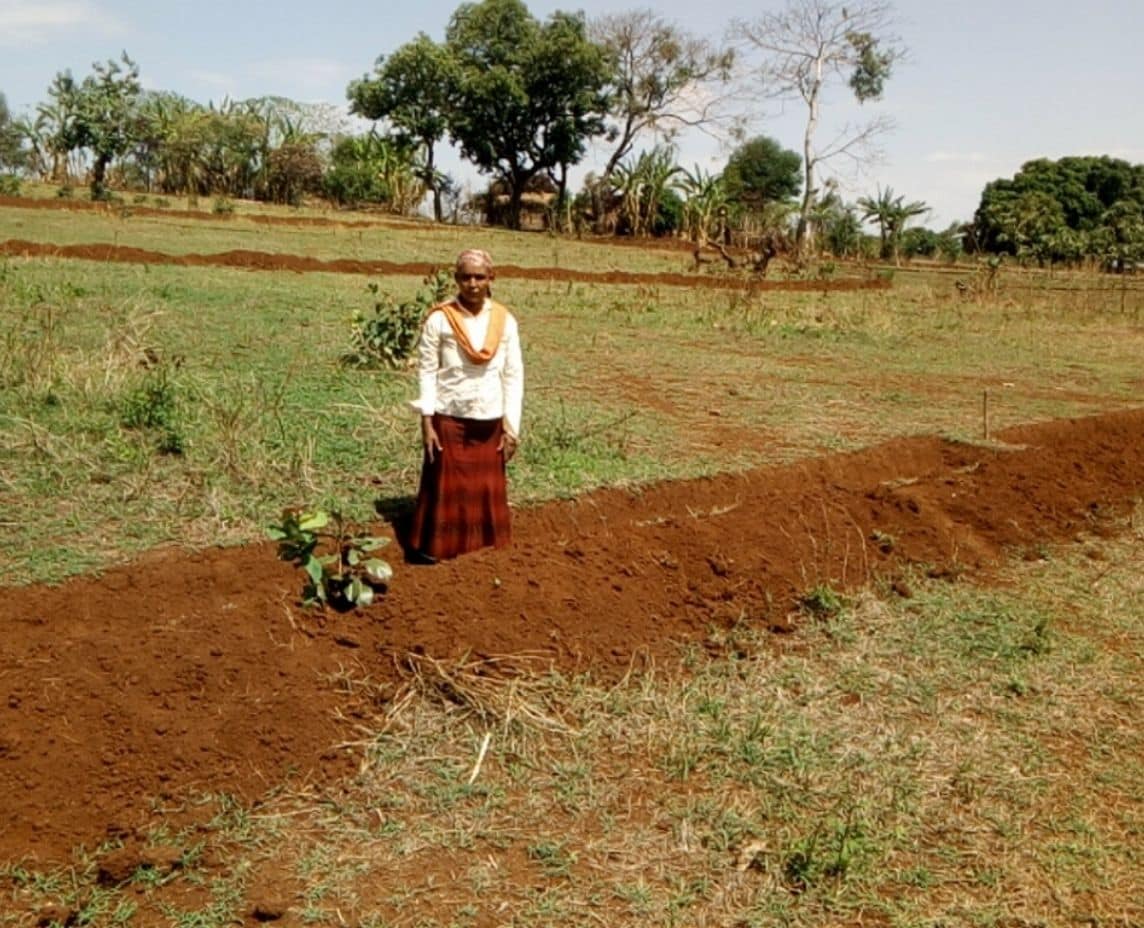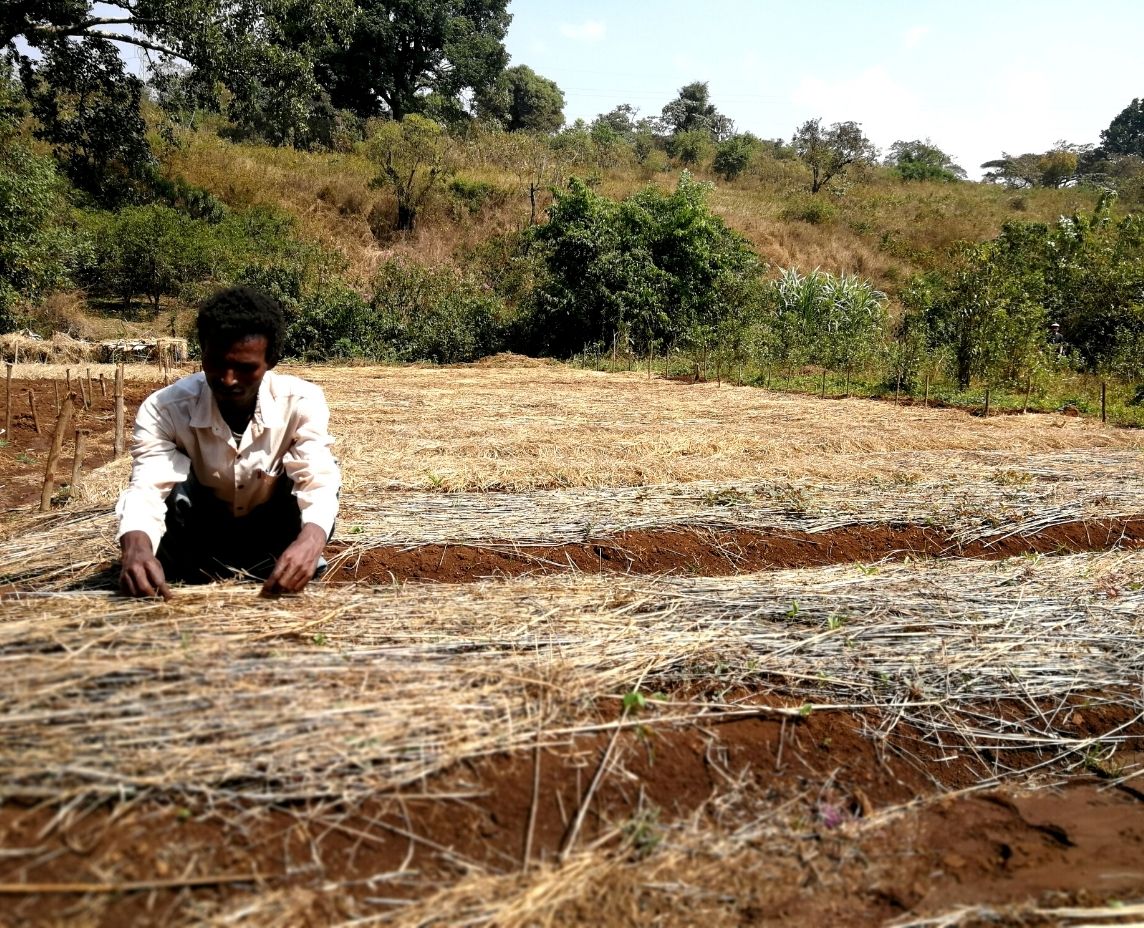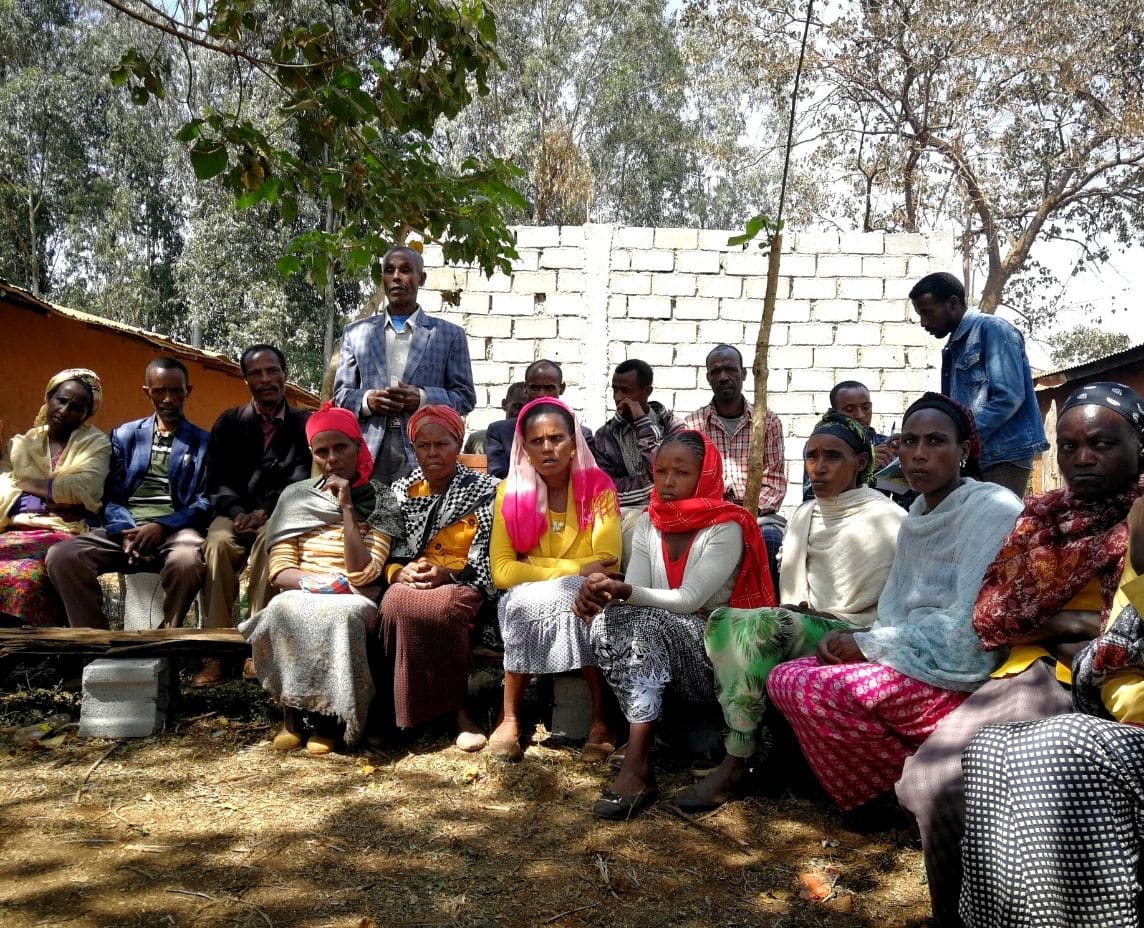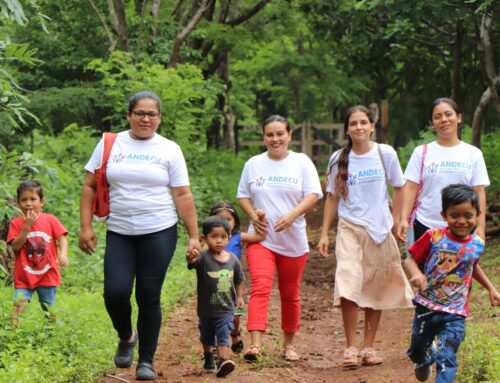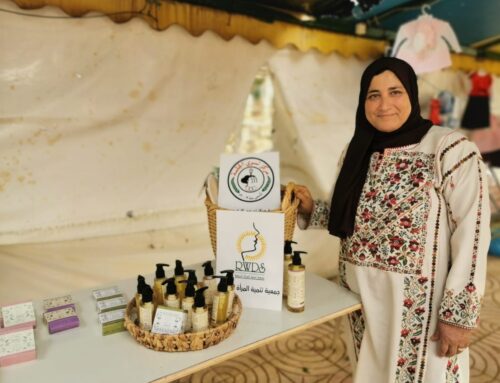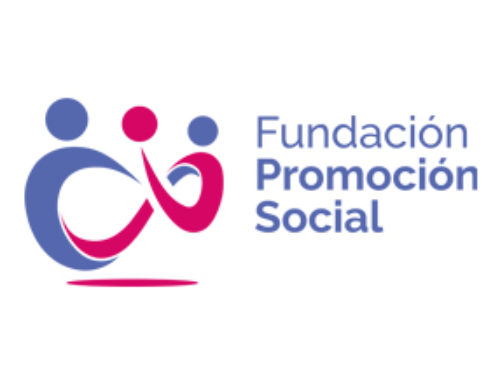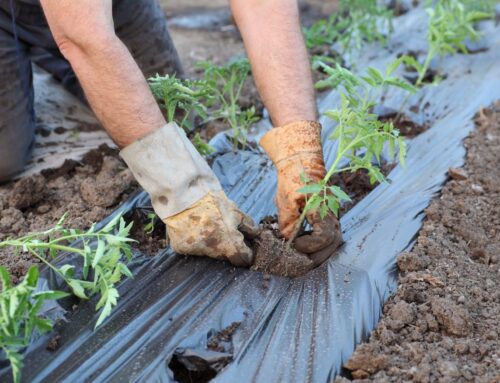Strengthened resilience to COVID-19 in 2 woredas of Oromiya through sustainable and gender-equal access to rights and livelihoods
The project aims to contribute to strengthening the resilience of the rural population of the Sodoma Goro Misra and Huse Chacole kebeles, in the Miesso woreda, and the Kora and Dire Kalu kebeles, in the Gumbi-Bordede woreda, to the impacts of the pandemic generated by COVID-19, as well as other threats linked to climate change.
To this end, the intervention includes three lines of action that seek to protect access to rights and strengthen livelihoods for inclusive and sustainable economic growth, with special emphasis on the following sectors:
1. Water, hygiene and basic sanitation:
According to UN reports, COVID-19 will not disappear without access to safe water for people living in vulnerable situations.
Therefore, the project foresees the rehabilitation and installation of hybrid energy systems, incorporating solar energy in 4 water wells, and the construction of 300 latrines and hand-washing facilities.
Likewise, hygiene habits will be strengthened through training and awareness campaigns on hygiene, sanitation and COVID-19 prevention measures, paying special attention to the needs of women and girls and people in the most vulnerable situations.
2. Agriculture and income diversification:
COVID-19 and the effects of climate change are having serious consequences on people’s livelihoods. The project will therefore work to increase productivity and food production through irrigation and climate-sustainable agricultural practices, as well as productive diversification and the creation of income-generating groups.
Specific agricultural and food value chains will be strengthened, such as food processing, and new economic opportunities will be generated with the introduction of solar-powered grain mills.
Training will be offered in income diversification, entrepreneurship, business management, following a market study, and personalized counseling to improve the marketing of products and services.
Priority will be given to the active participation of women, who will form at least two complete productive groups.
3. Disaster prevention and response through sustainable and participatory management of natural resources:
The project aims to increase local resilience to disasters such as pandemics and phenomena linked to climate change through the strengthening and support to 4 Committees on Disaster Risk Reduction (CDRR) and the rehabilitation of degraded lands through physical and biological actions for the protection of resources and the training and sensitization of communities and WASH Committees (WASHCO) and CDRR, thus favoring governance.


